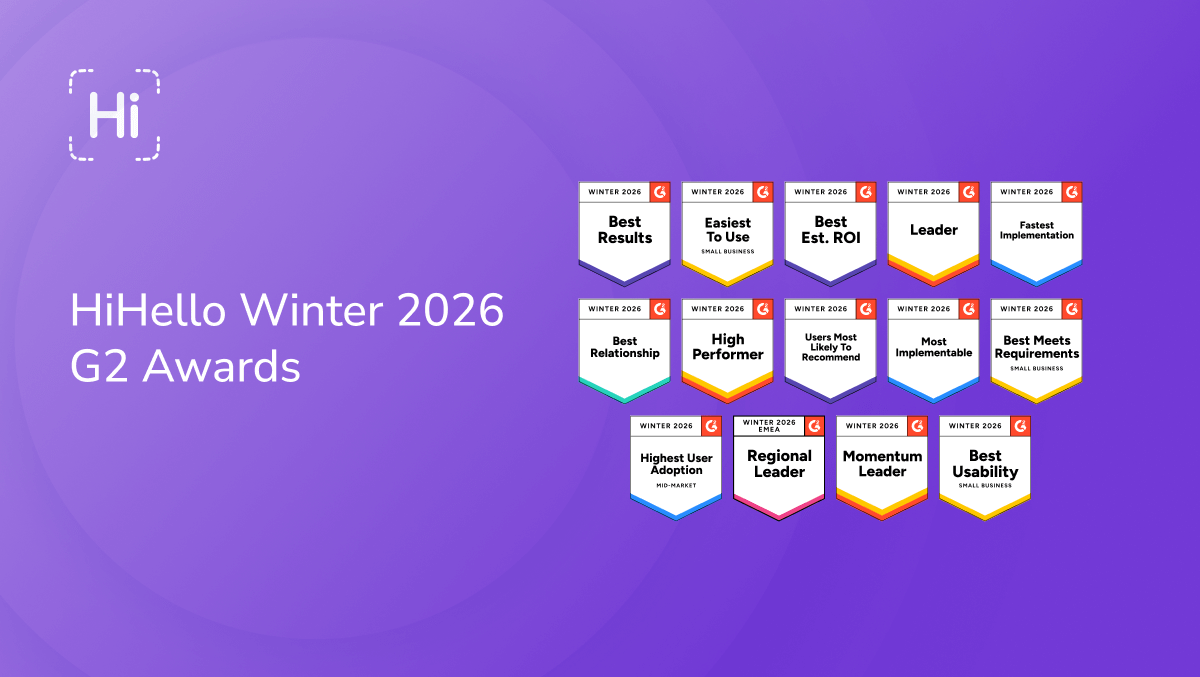Effective communication skills have become more crucial than ever before. With studies showing that 85% of financial success is directly related to the ability to communicate, negotiate, and lead, it’s clear that solid communication skills are essential to individual development.
Strong communication skills offer benefits beyond your personal success. Employers want a team of strong communicators because it leads to better employee culture, engagement, productivity, satisfaction, and helps drive better business results.
As you craft your resume to present your best skills to potential employers, it’s essential to showcase your communication skills properly.
12 communication skills to include on your resume
Good communication can come from many different skills, but there are 12 that are most important to employers, and often they are intertwined. To truly master communication, it is crucial to focus on being well-rounded and work to improve all of the communication skills below.
1. Active listening
Effective communication isn’t only about how you share your thoughts. It’s also about your ability to listen. Being an excellent active listener shows you are willing to listen and learn and can help create deeper connections and build trust.

2. Interpersonal skills
Interpersonal communication is the ability to share information between two or more people. This can be verbal, non-verbal, written, spoken, or through listening. Strong interpersonal skills can show you can succeed on a team, work well with customers and clients, and more.
3. Emotional inteligence
Having strong emotional intelligence (EQ) shows you are empathetic, have self-awareness, can self-regulate, and can have meaningful conversations, collaborate, and handle conflict.
4. Public speaking
Being able to speak in front of groups is a skill many people don’t have, even after taking a public speaking 101 course in school. Whether fear is holding you back or something else, it’s essential to know how to present yourself in front of others confidently.
Not only will this be a helpful skill on the job, but it’s also what might help you ace your interview. See these 15 expert public speaking tips to learn how to improve.

5. Negotiation
From negotiating salary to closing deals with clients and finalizing internal decisions, knowing how to negotiate will take you far in your career. Showing you know how to negotiate well can be incredibly helpful when looking for your next job.
6. Writing
Everyone needs to have strong written communication skills. Even if you aren’t in a position that spends most of your time writing, being able to craft compelling emails or internal Slack messages is still required of almost everyone in today’s workforce.
Showing you are a strong writer can be done throughout your entire resume. Ensure your grammar and punctuation are perfect, and ensure everything is written succinctly and clearly.
7. Networking
Being able to communicate extends beyond office walls (or computer screens if you work from home). A strong network can help you land a job, but it can also show your ability to establish and maintain professional connections for yourself and the company.

8. Presentation skills
Most positions require presenting information, whether internal or external, to your immediate supervisor or the entire company, and knowing how to do this well can garner positive attention. Good presentation skills require careful attention and sharing information in a clear and concise manner that everyone understands.
As simple as this may sound, many people aren’t able to do this successfully, which is why recruiters are looking for people who have mastered this skill.
9. Conflict Management
Conflict is often unavoidable, and quickly and effectively managing tense situations, facilitating open communication, and reaching a mutually beneficial resolution is a highly sought-after skill. Highlighting your ability to navigate difficult situations demonstrates your strong communication skills and ability to lead and manage others.
10. Critical thinking
While this might not sound like a communication skill, critical thinkers are better communicators because they can visualize situations from multiple perspectives. The ability to question and process various thoughts and views shows that you can form more effective responses, lead teams, and diffuse situations, all of which are essential communication skills.
11. Leadership
Even if you aren’t going into a leadership role, being a strong leader is still an important skill. It shows you can communicate effectively, manage yourself and others, reach goals, and work independently.
12. Responsiveness
Being responsive means you can pay attention and jump to take the correct action quickly. Being able to communicate quickly shows employers you are interested and care about the topic.

How to include communication skills on your resume
How you build your resume is unique to you, your experience, and the industry you work in, so how you include your skills should fit with the style of your resume. One very simple way to show your communication skills is through a simple skills section where you can include your most important hard and soft skills.
If you want to give proof along with your skills, try to find ways to include them in your previous experience. Skills like negotiation, leadership, and public speaking can be shown very easily by mentioning them when listing prior job requirements.
Including these skills on your resume can be an excellent way to show you are a strong communicator before getting a chance to speak with someone on the hiring team. Once you’ve created your resume and made your way through the application process, it’s important to ensure you continue to communicate your value and show your strong communication skills in your interviews.
Looking for more communication, networking, and resume tips? Be sure to check out the HiHello blog.
Main photo by Anna Tarazevich




